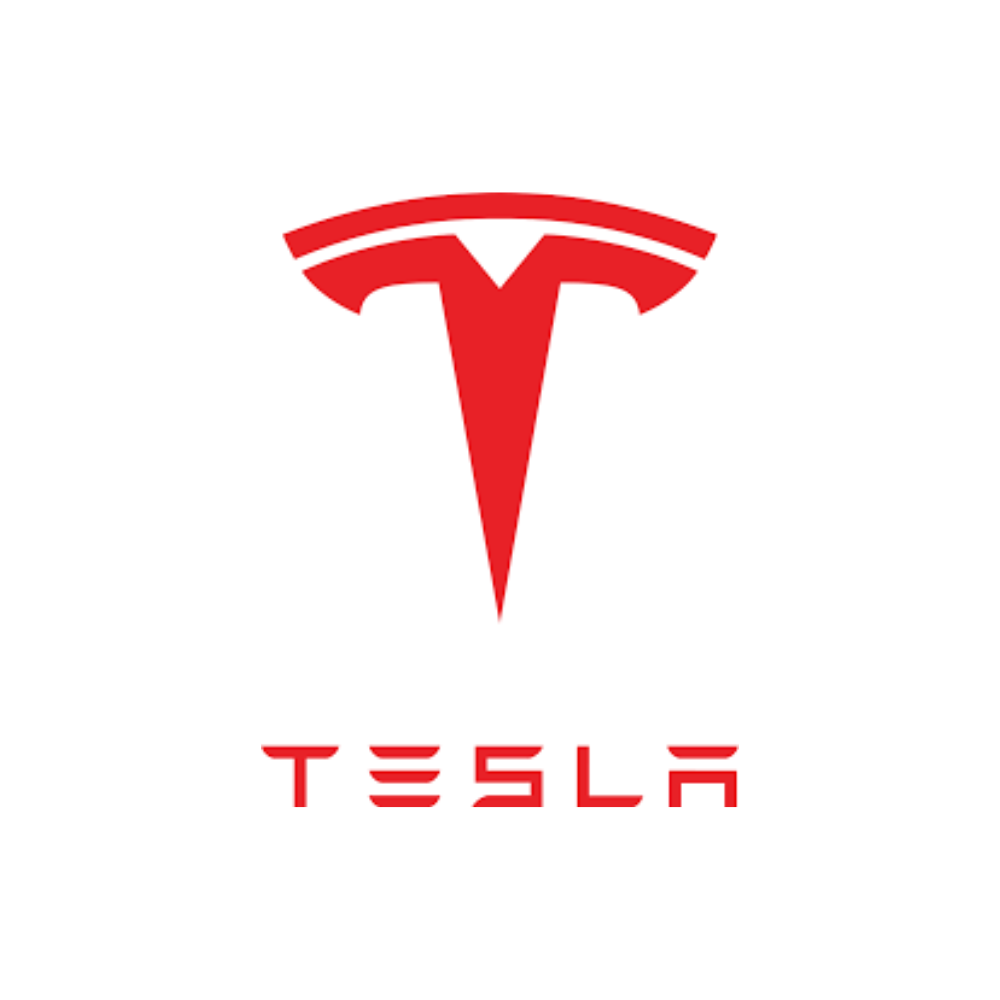What to Expect
Consider before submitting an application:
This position is expected to start around January 2026 and continue through the Winter/Spring term (ending approximately May 2026) or continuing into Summer 2026 if available and there is an opportunity to do so. We ask for a minimum of 12 weeks, full-time and on-site, for most internships. Our internship program is for students who are actively enrolled in an academic program. Recent graduates seeking employment after graduation and not returning to school should apply for full-time positions, not internships.
International Students: If your work authorization is through CPT, please consult your school on your ability to work 40 hours per week before applying. You must be able to work 40 hours per week on-site. Many students will be limited to part-time during the academic year.
What You’ll Do
- Develop control-oriented models of chassis systems for analysis and estimation
- Work with Vehicle Dynamics Engineers to ensure sensing, actuation, and algorithm designs can deliver the desired vehicle dynamics attributes
- Develop and implement control algorithms to maximize system capability and flexibility
- Develop and implement estimation and monitoring algorithms to maximize system safety and reliability
- Work with Firmware/Integration Engineers to test, debug, and calibrate the algorithms in simulation and in car
- Ensure stability and performance of the algorithms using software-in-the-loop (SIL) and hardware-in-the-loop (HIL) tools, in the vehicle at proving grounds and in the customer fleet
What You’ll Bring
- Currently pursuing a degree in Mechanical Engineering, Automotive Engineering, or similar with a graduation date between April 2026 – June 2027
- Background in first principles linear systems analysis, state-estimation, and control design
- Fundamental understanding of vehicle dynamics, specifically low and medium fidelity models to be used within a control algorithm
- Basic understanding of the physics of electric drivetrains, and chassis actuators like brakes, steering, suspensions, etc.
- Good proficiency with engineering development tools like Matlab/Simulink/Python
- Basic proficiency with software development in C/C++
- Real world experience with vehicle dynamics performance characteristics, preferred

